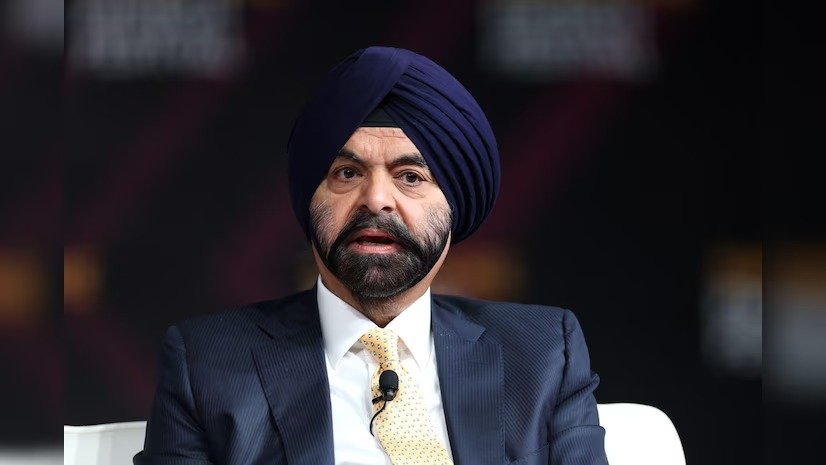The World Bank Group has unveiled an ambitious strategy to assist nations in providing high-quality and affordable healthcare services to 1.5 billion individuals by 2030.

This program is a component of a broader worldwide project aimed at ensuring a fundamental level of healthcare at every phase of life, from early childhood to old age. With a long-standing commitment to improving healthcare for women and children in over 100 nations, the World Bank Group is currently intensifying its initiatives to expand reach and effectiveness by strengthening partnerships and boosting involvement with private enterprises.
The strategy to reach 1.5 billion individuals revolves around three key components:
- Shifting the focus from just maternal and child health to encompassing health coverage across all stages of life, including non-communicable diseases.
- Extending services to difficult-to-access regions such as remote villages, urban areas, and entire countries.
- Collaborating with governments to eliminate unnecessary charges and financial obstacles to healthcare.
Ajay Banga, the President of the World Bank Group, stressed the importance of collaboration in this initiative, underscoring the crucial role that partnerships between the public and private sectors play in enhancing healthcare service accessibility.
Currently, approximately 2 billion individuals are struggling with significant financial difficulties in covering the costs of healthcare. The combination of various obstacles, including climate change, pandemics, conflicts, societal ageing, and an expected shortage of 10 million healthcare professionals by 2030, worsens the vicious cycle of poverty and inequality.
The World Bank Group is ready to utilize financing, knowledge, and partnerships to tackle this challenge. The Bank’s various financing tools will be tailored to meet the specific needs and development stage of each country in order to reach 1.5 billion people.
It is essential for the World Bank Group to establish strong alliances in order to make significant progress in the field of health. The World Bank Group’s success hinges on its ability to collaborate closely and effectively with non-government organizations, the private sector, and civil society. The World Bank Group is delighted by Japan’s commitment to establish a Universal Health Coverage (UHC) Knowledge Hub, which will bolster the capabilities of health and finance ministries. This initiative is backed by both the Bank and the World Health Organization.
The World Bank Group’s dedication to becoming more impact-oriented is evident in its goal to provide quality and affordable health services to 1.5 billion people by 2030. This commitment reflects their concerted effort to build a better bank.

